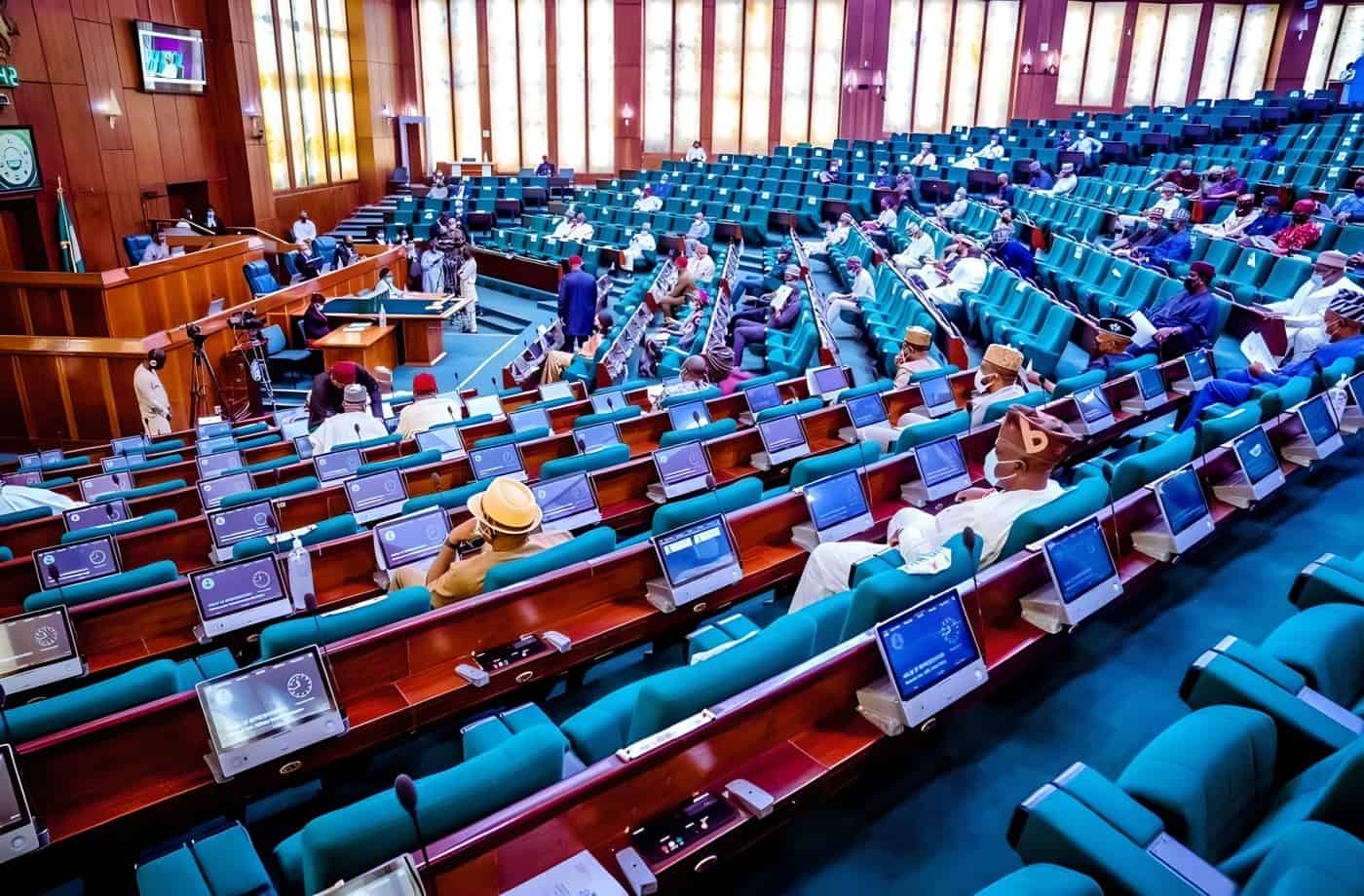
In a significant development from the corridors of power, the House of Representatives has taken a proactive step by mandating the Joint Admission and Matriculation Board (JAMB) to extend the registration period for the 2024 Unified Tertiary Matriculation Examination (UTME) by an additional two weeks. This decision, emanating from a session held in Abuja, underscores a critical intervention aimed at ensuring broader access to higher education amidst challenging economic conditions.
Table of Contents[Show]
- A Timely Intervention: Understanding the Implications
- A Call to Action: The Way Forward
- Conclusion: A Step Towards Educational Equity
A Timely Intervention: Understanding the Implications
During a plenary session in Abuja, the motion for this extension was introduced under the title “Need to extend UTME registration by JAMB,” sponsored by Hassan Shinkafi. It was precipitated by the observation that the original registration timeline, spanning from January 15 to February 26, 2024, did not adequately accommodate the needs of all prospective candidates. Shinkafi highlighted a poignant reality – the harsh economic landscape has left many families struggling to register their wards within the set deadline.
The Heart of the Matter: Economic Constraints and Educational Access
Shinkafi’s motion painted a vivid picture of the distress many Nigerian families are facing, stressed by an economy that makes educational aspirations increasingly difficult to attain. This situation, he argued, threatened to diminish the inclusivity and reach of this year’s UTME, potentially sidelining a significant number of aspirants who, due to financial constraints, could not meet the original registration deadline.
A Push for Inclusivity: The Legislative Response
In response to this pressing issue, the House of Representatives has not only called for an extension but has also tasked its relevant committees on Education and Legislative Compliance with ensuring JAMB adheres to this directive. This move is not just about adjusting a timeline; it’s about affirming the right to education and ensuring that economic barriers do not thwart the aspirations of the nation’s youth.
The Significance of the Extension
The decision to extend the UTME registration period is a testament to the legislative body’s commitment to education accessibility. By advocating for this extension, the House is sending a clear message: education should be within reach for everyone, irrespective of their economic status. This extension is expected to serve as a lifeline for many, offering a window of opportunity to those who, due to financial challenges, were at risk of being left behind.
A Call to Action: The Way Forward
This development calls for immediate attention from all stakeholders within the educational sector. Parents, guardians, and prospective candidates must seize this opportunity to ensure that registration is completed within the new deadline. It’s a chance to ensure that every eligible student can step forward and participate in an examination that could shape their academic and professional future.
Conclusion: A Step Towards Educational Equity
The House of Representatives’ intervention to extend the UTME registration deadline by two weeks is a significant move towards fostering educational equity. It recognises the diverse challenges faced by Nigerian families and seeks to ensure that higher education remains an accessible dream for all. As we move forward, it’s crucial for all involved parties to collaborate effectively, ensuring that this extension achieves its intended goal of maximising participation and opening new doors for Nigeria’s youth.


